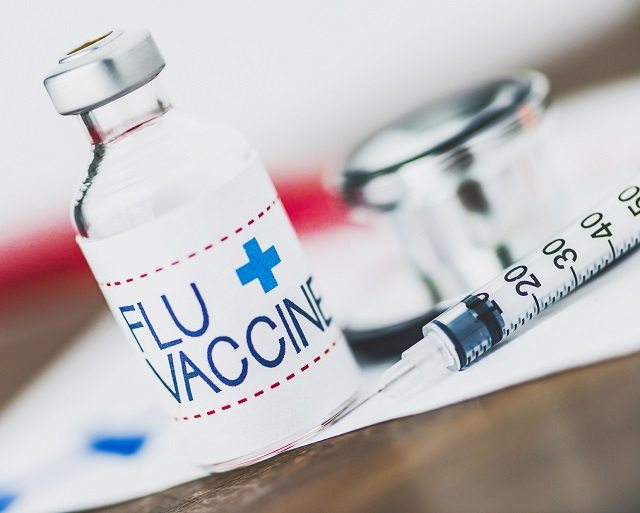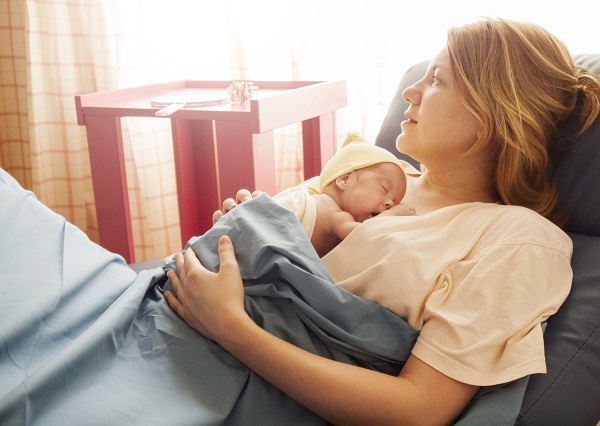
If your pregnancy runs through the flu season, usually from October to April, you should get the flu vaccine. Here’s what you need to be aware of before you do.
What is seasonal flu?
A lot of people confuse the flu with a regular head cold. It can be tough to really know how serious the flu is. But flu is a lot more serious than a head cold, especially for high-risk groups including pregnant women, older people and those with chronic medical conditions.
A cold usually starts gradually with symptoms like a sore throat and a blocked or runny nose. The flu can come on quickly with symptoms including fevers and muscle aches. It’s usually self-limiting, but in some cases, serious respiratory conditions can develop, such as pneumonia and bronchitis.
Why should pregnant women get the seasonal flu vaccine?
According to the HSE, pregnant women are more likely to get complications from the flu. This is due to changes in their heart and lung function. Getting flu in pregnancy may lead to premature birth and smaller birth weight. Getting the vaccine during pregnancy can prevent you from passing the flu on to your baby, and the vaccine can also protect your baby from the flu for the first six months of his life.
What is the seasonal flu vaccine?
Our flu season lasts from October to the end of April. Women who are pregnant at any stage during the season are advised to get the vaccine – in other words, if you are already pregnant come October, you should get the vaccine, or if you find out you’re pregnant at any stage between October and April, again, you should get the vaccine administered. The seasonal flu vaccine works by helping your immune system produce antibodies to the flu virus. If you come into contact with the virus, these antibodies attack it and prevent it from developing in your body. The vaccine contains killed or inactivated viruses and cannot cause you to get the flu.
How safe is the seasonal flu vaccine?
The vaccine is considered very safe. The HSE says that it has been given to millions of pregnant women in the last ten years, and any reactions are generally mild, while serious side effects are very rare. There are very few people who should not get the vaccine – these could include those with a history of severe allergic (anaphylaxis) reaction to a previous dose of the vaccine or any of its constituents – but if you have any worries, always talk to your doctor first. The vaccine is available from GPs and some pharmacists, and is free for those in the recommended groups; however, if you don’t have a medical card or doctor’s visit card, you may be charged a consultation fee.
Are there any side effects?
According to the HSE, the most common side effects are mild and include soreness, redness or swelling where the injection was given. Headache, fever, aches and tiredness may occur. Some people may have mild sweating and shivering as their immune system responds to the vaccine but this is not flu and will pass in a day or so. If you have a temperature after your vaccination, the HSE recommends that you take paracetamol, as it is safe in pregnancy and it is important for you and your baby to avoid fever. Do not take aspirin or ibuprofen (unless advised by your obstetrician). If you are unwell after a vaccine, it could be for some other reason – seek medical advice if needed.
maternity & infant
Originally posted 2017-01-05 09:38:42.








